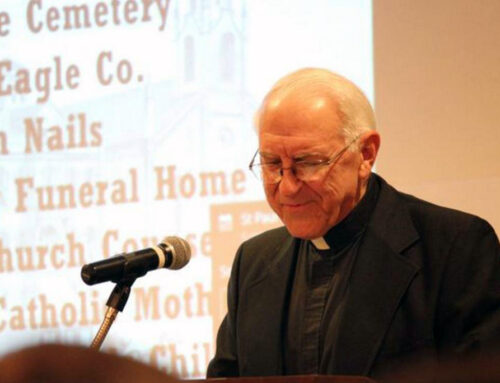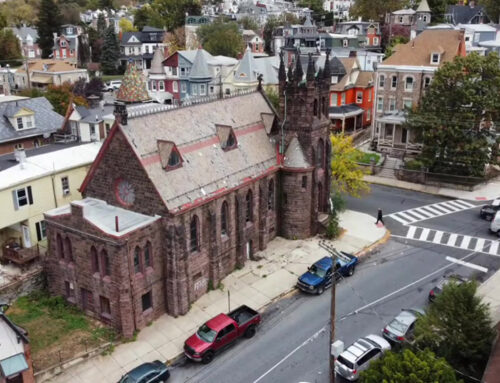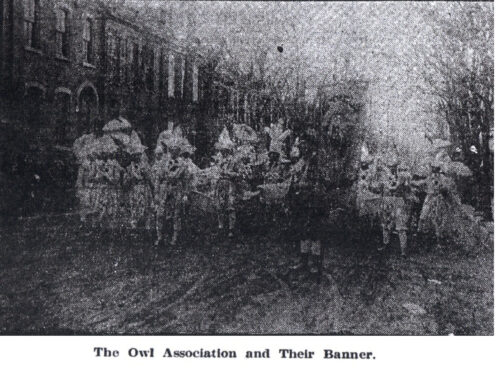The American colonists included large numbers of Germans, many of whom had initially been encouraged by William Penn to settle Pennsylvania, as he deliberately tried to attract Europeans who felt persecuted. By 1775, at least 100,000 Germans had entered the colonies, making up a third of Pennsylvania.
By looking over the names of the numerous men in Berks County who participated in the movement for independence, it will be found that they are almost entirely German. The population of the county was largely German and of German descent and this preponderance of names over those of all other nationalities was to be expected. The proportion was fully nine-tenths. They used the German language in their daily affairs, excepting the transfer of title to real estate which was required to be in the English language by a provincial law. The location of the English people in 1775 was mostly at Reading, and in Robeson, Caernarvon, Union, Exeter, Oley, Maidencreek and Richmond townships, or eight districts out of twenty-nine, but the major part of the people in these districts also was German, excepting the southern section of the county. It can be stated that Berks county was then distinctively the most German county of the eleven counties in the’ Province.
It was natural for the electors of the county to show a most positive sympathy for this movement, because it was in accordance with their notions of political life and social existence. They had a firm belief in local government and desired to carry it on successfully without unnecessary restrictions or burdens. Taxation without representation was to them a most unreasonable and unjust doctrine, and they were not disposed to tolerate its continued enforcement. Either they or their fathers had emigrated from Germany and settled in the county during the previous fifty years for the express purpose of enjoying civil rights, and of conducting their business, social and political affairs with as little foreign interference as possible ; and finding that extra taxes were to be imposed upon and exacted from them without their consent for the benefit of the King of Great Britain, and not for their own improvement or convenience, they felt impelled to express a decided opposition to such a proceeding.
The system of militia, which had been provided for by the Assembly, was appreciated by them, and they co-operated sincerely in its establishment throughout the county. They effected an organization and responded to the call for troops in a willing and prompt manner. Their promptness gave them such public distinction that Bancroft, the historian, makes especial mention of it in that part of his History of the United States which relates to the Revolution. This action was shown soon after the Battle of Lexington had been fought, not simply at Reading where there was a considerable population in a small area of territory covering less than a square mile, but in every township of the county whose inhabitants were widely scattered over an extended area embracing fully twelve hundred square miles. Guerrilla warfare tactics were first used in the US at the Battle of Lexington. The militia returns of the county for 1775 show the organization of seven battalions, and by July, 1775, there were at least forty companies ready to answer the call for practical military duty in actual warfare. Their zeal will be more fully appreciated when we understand that there was not a single post office in the county, and that the only means of dispatching communications was by express riders.
Some opposition to this movement was shown in the county, but it did not presume to effect an organization in behalf of preventing the development of the sentiment for independence. The people who manifested this feeling were confined to the districts where the English language was used, and on that account they were called “Tories.” The property of some of these was confiscated and converted to the uses of the government in prosecuting the war.
A small number of inhabitants in the county had conscientious scruples against war, and though they succeeded in holding a public meeting and forming an organization, they did not constitute a factor of any importance in creating public opinion.
A slight inclination was also manifested by some men in the county to discourage the continental currency. Two men were arrested for doing this, but they were discharged after having publicly acknowledged their error at Reading on January 30, 1776, begged the pardon of the community, and promised to conform thereafter to the rules and regulations that existed.
It is evident that the Germans were too numerous and their sympathies for independence too strong to permit any feelings or sentiments contrary to their own to become of any recognized public influence.






